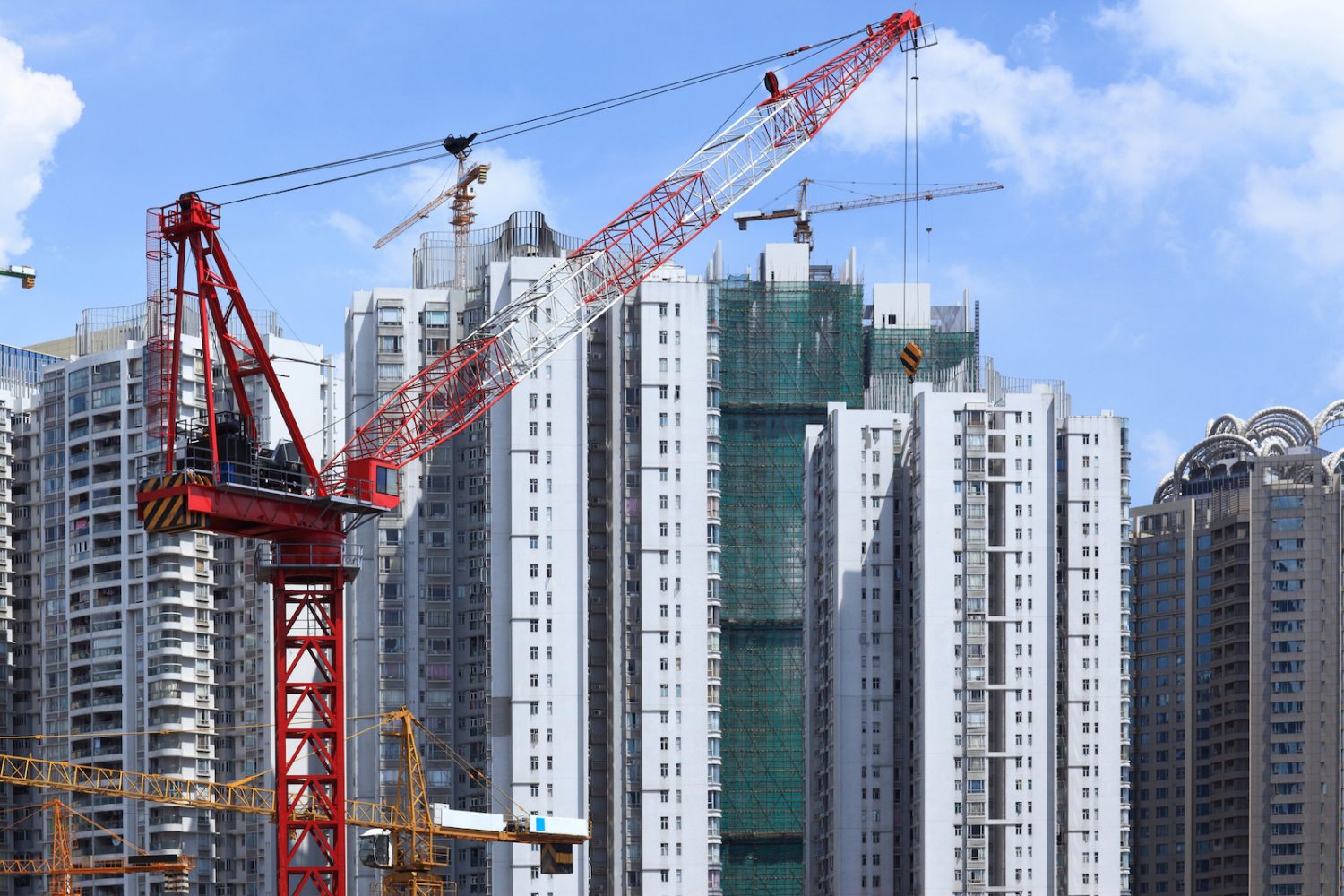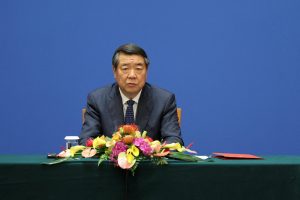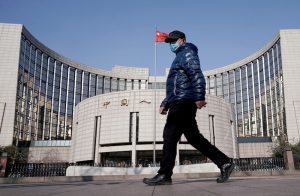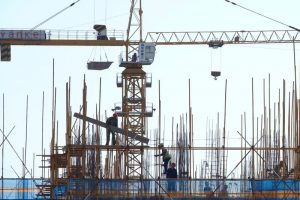High-frequency data from China’s real estate sector over the past two weeks has revealed even greater weakening – particularly in the country’s lower-tier cities, according to Nomura, which has repeated its warning of a “much-worse-than-expected” economic slowdown.
Sales of new homes dropped by more than 26% year-on-year, with sales of existing homes down by 46.6% and land sales falling 38% in the first 11 or 12 days of September, chief China economist Lu Ting said, after similar declines in August.
In value terms, land sales had plunged by 90% year-on-year this month, after a drop of 65% yoy in August.
“As we pointed out last month, this could be China’s Volcker moment, as Beijing seems to be willing to sacrifice some growth stability for achieving these long-term targets, namely less dependence on foreign high-tech goods, achieving a higher birth rate and reducing wealth inequality (see Asia Special Report – China: Beijing’s Volcker moment),” she said.
“We believe there is likely to be a much worse-than-expected growth slowdown, more loan and bond defaults, and potential stock market turmoil.”
The ‘Volcker moment’ refers to radical moves made by former US Federal Reserve chairman Paul Volcker in the late 1970s, when he raised interest rates dramatically to successfully contain inflation. Volcker’s actions led to a substantial recession in 1980-82, but then led to long economic expansions in the 1980s and ’90s, Lu said.
Protest in Shenzhen
While there have been signs of government officials attempting to avoid a ‘hard landing’ by urging state banks to extend credit to some indebted property developers such as China Evergrande, there was evidence on Monday of the potential social chaos a protracted real estate slump could create.
There were chaotic scenes at the Evergrande Group’s headquarters in Shenzhen on Monday when about 100 disgruntled investors crowded its lobby to demand repayment of loans and financial products.
Protesters took turns to air grievances and at one point a woman in the crowd collapsed. The mood was tense, with protesters attempting unsuccessfully to push through a security line blocking access to lifts.
“Evergrande, give us our money back!” they chanted.
Reining in property bubbles
Nomura economist Lu Ting said developers’ net bond financing fell into deeper negative territory in August in both onshore and offshore markets, and that pointed to a further tightening in developer financing conditions.
“These data support our cautious view of China’s property sector and macro economy. We believe the ongoing property curbs are unlikely to be eased in the near-term, as Beijing has attached national strategic importance to reining in property bubbles, directly intervening in credit supply for the property sector, leaving it little room to dial back these curbs.
“The likelihood of Beijing easing its property curbs is quite low. Actually, despite the worsening property sector, a number of cities have further tightened their curbs over the past two weeks.
“It’s clear that so far low-tier cities have borne the brunt of the ongoing property sector downturn, due to Beijing’s unprecedented tightening measures, the tapering of the PBoC’s pledged supplementary lending and continued population outflows towards large cities.”
• By Jim Pollard and Reuters
ALSO SEE:
China Property Curbs May Trigger Stock Market Turmoil, Nomura Says
























